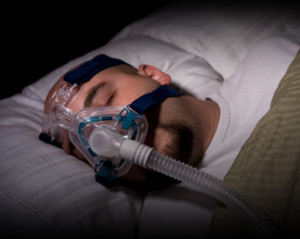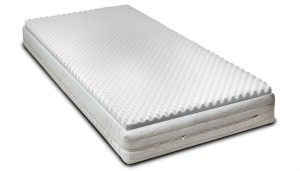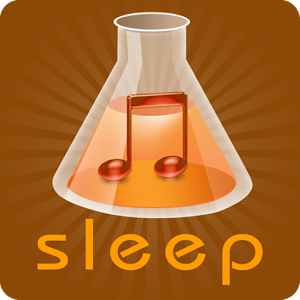A Closer Look to Sleep Therapy
Sleep disorders have everything to do with sleep patterns. Different sleep therapy patterns can come to your rescue, but not entirely as sleep disorders are inherently difficult to treat. They may interfere with your normal mental, emotional and physical functioning and ultimately expose you to life threatening conditions such as stroke. Like your doctor may have already told you, most sleep disorders can be caused by external factors like:
- Trauma
- Anxiety
- Life transition
- Depression
Nearly all sleep disorder symptoms are easy to detect. They typically involve difficulties related to sleeping such as finding hard to stay awake or to fall asleep. That said, be extremely cautious anytime you notice strange sleeping patterns in your partner. Seek medical attention as a good number of sleep orders can be easily treated while still at developmental stages.
Types of sleep disorders
They are divided into four types:
- Primary sleep disorders
a) Parasomniasis
b) Dyssomniasis
- Substance induced sleep disorders
- Sleep disorders caused by general medical conditions
- Sleep disorders related to mental health conditions
Because there are more than one hundred specific sleep disorder conditions, experiencing one at some stage in your life is not uncommon. You may have even experienced one already, just that you overgrow it. One good example is sleep apnea in children, which can easily go unnoticed till a newborn overgrows it.
Therapy for Sleep Disorders
Psychotherapy has for a long time been considered as the best sleep therapy. It works well for sleep order conditions such as sleep apnea and insomnia. The reason is simple, and has everything to do with relaxing one’s mind and avoiding stress. Psychotherapy allows one to relax.
It therefore becomes easy for a patient to keep off stress and anxiety, which contribute greatly to sleep disorders. Then there is the fact that most therapies used to treat sleep disorders are objective. Your therapist may choose to strictly use sleep therapy music or deep sleep therapy, depending on how severe or mild your condition is.
Therapy and Other Treatment Methods
It is possible to combine sleep therapy and other sleep disorder treatment options such as using a sleep apnea mouth guard. Problem begins when a patient completely abandons one treatment option in favor of the other. That is exactly why it is crucial to first consult your doctor before considering any sleep therapy program. Don’t just rush for that sleep therapy mattress in the name of seeking a long lasting solution.
Diet and Therapy
Just how much do you eat? What do you eat? When do you eat? Ask yourself these questions because there is a likelihood that your sleep disorder is caused by what you eat. With that in mind, always eat in small proportions; choose whole grain cereals over enriched grain cereals and avoid junk food.
Sleep therapies may be irrelevant if all you do is attend the therapies and go back to unhealthy eating habits. Speaking of habits, smoking, use of sedatives and excess alcohol consumption happen to be chief contributors of sleep apnea which needless to say, is a prevalent sleep disorder affecting more than 18 million Americans. Quit these habits as soon as you can and see how easy it is to fall asleep.
In a nutshell
Sleep therapies work. It should however be noted that they only work under supervision of an expert sleep therapist as well as your doctor. This means that you have to brief your doctor how well you are faring with your therapies and other treatment options. Remember that the doctor is under no obligation to check on you. It is the other way around. You have to take the initiative and keep in touch with him or her regularly.



